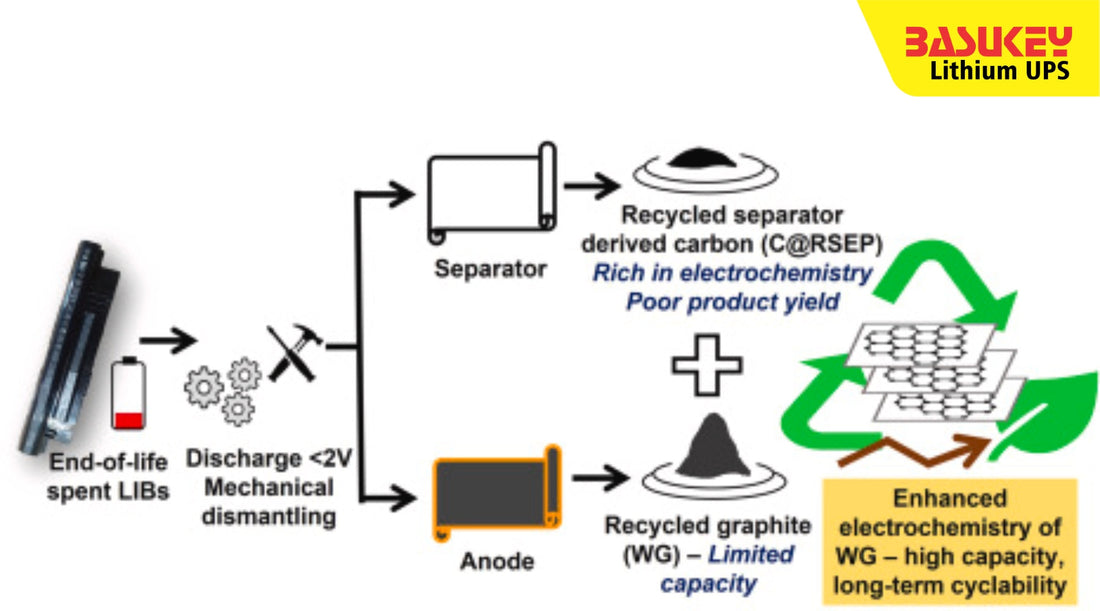
Under the Hood: How Lithium UPS Systems Are Rewriting Power Architecture
Share
When it comes to ensuring uninterrupted power supply, businesses and industries rely on Uninterruptible Power Supply (UPS) systems. Among the latest innovations in this field are Lithium UPS systems, which are revolutionizing power architecture with their advanced features and capabilities.
What sets Lithium UPS Systems apart?
Lithium UPS systems offer a significant improvement over traditional lead-acid UPS systems. They provide higher energy density, longer lifespan, faster charging times, and enhanced efficiency. With a lifespan of up to 10 years, Lithium UPS systems outlast their lead-acid counterparts by a significant margin.
How do Lithium UPS Systems work?
At the core of a Lithium UPS system are lithium-ion batteries, which store and deliver power when needed. These batteries are lightweight and compact, making them ideal for space-constrained environments. The advanced Battery Management System (BMS) ensures optimal performance and safety, preventing overcharging and overheating.
Benefits of Lithium UPS Systems
Businesses that switch to Lithium UPS systems can enjoy a range of benefits, including reduced maintenance costs, increased energy efficiency, and improved reliability. With faster recharge times and longer lifespan, Lithium UPS systems offer a cost-effective solution for ensuring continuous power supply.
Applications of Lithium UPS Systems
Lithium UPS systems find applications in various industries, including data centers, healthcare facilities, telecommunications, and manufacturing plants. Their ability to provide reliable backup power in critical situations makes them indispensable for businesses that cannot afford downtime.
Conclusion
As technology continues to evolve, Lithium UPS systems are at the forefront of innovation in power architecture. With their superior performance, efficiency, and reliability, these systems are reshaping the way businesses approach power backup solutions. Investing in a Lithium UPS system is not just a smart choice for today but a strategic decision for the future.
